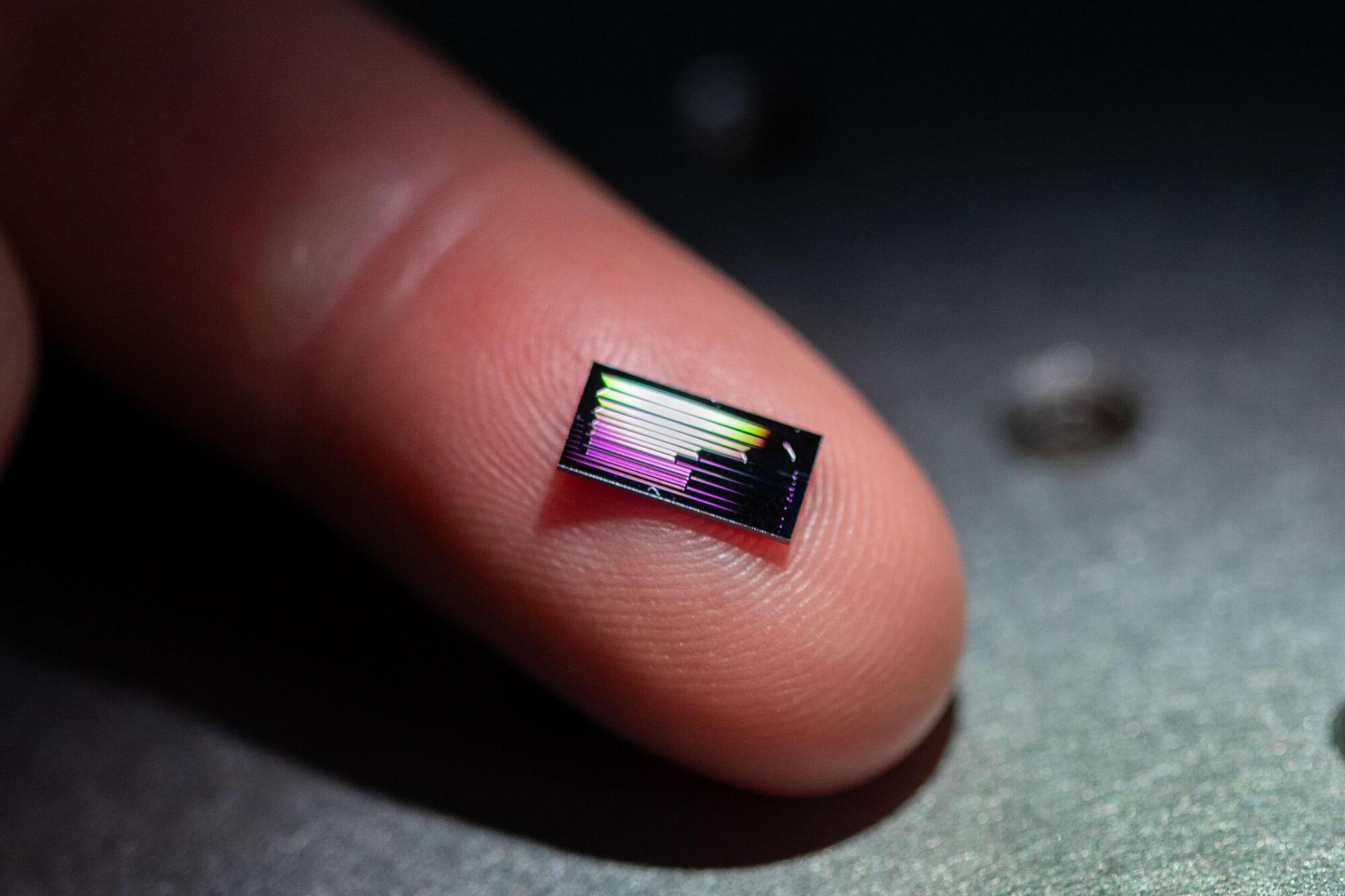Researchers at the Leibniz Institute of Photonic Technology (Leibniz IPHT) in Jena, Germany, together with international collaborators, have developed two complementary methods that could make quantum communication via fiber optics practical outside the lab.
One approach significantly increases the amount of information that can be encoded in a single photon; the other improves the stability of the quantum signal over long distances. Both methods rely on standard telecom components—offering a realistic path to secure data transmission through existing fiber networks.
From hospitals to government agencies and industrial facilities—anywhere sensitive data must be kept secure—quantum communication could one day play a key role. Instead of transmitting electrical signals, this technology uses individual particles of light—photons—encoded in delicate quantum states. One of its key advantages: any attempt to intercept or tamper with the signal disturbs the quantum state, making eavesdropping not only detectable but inherently limited.
